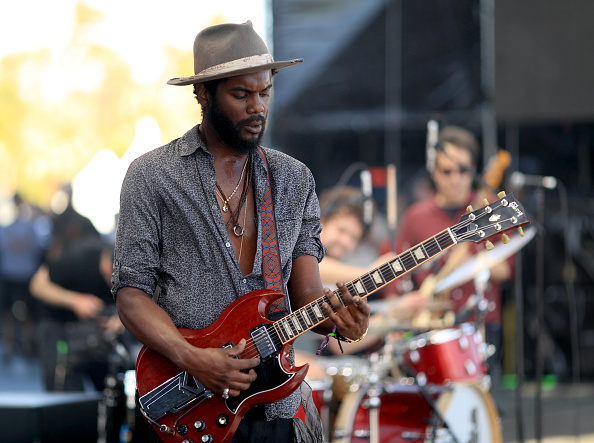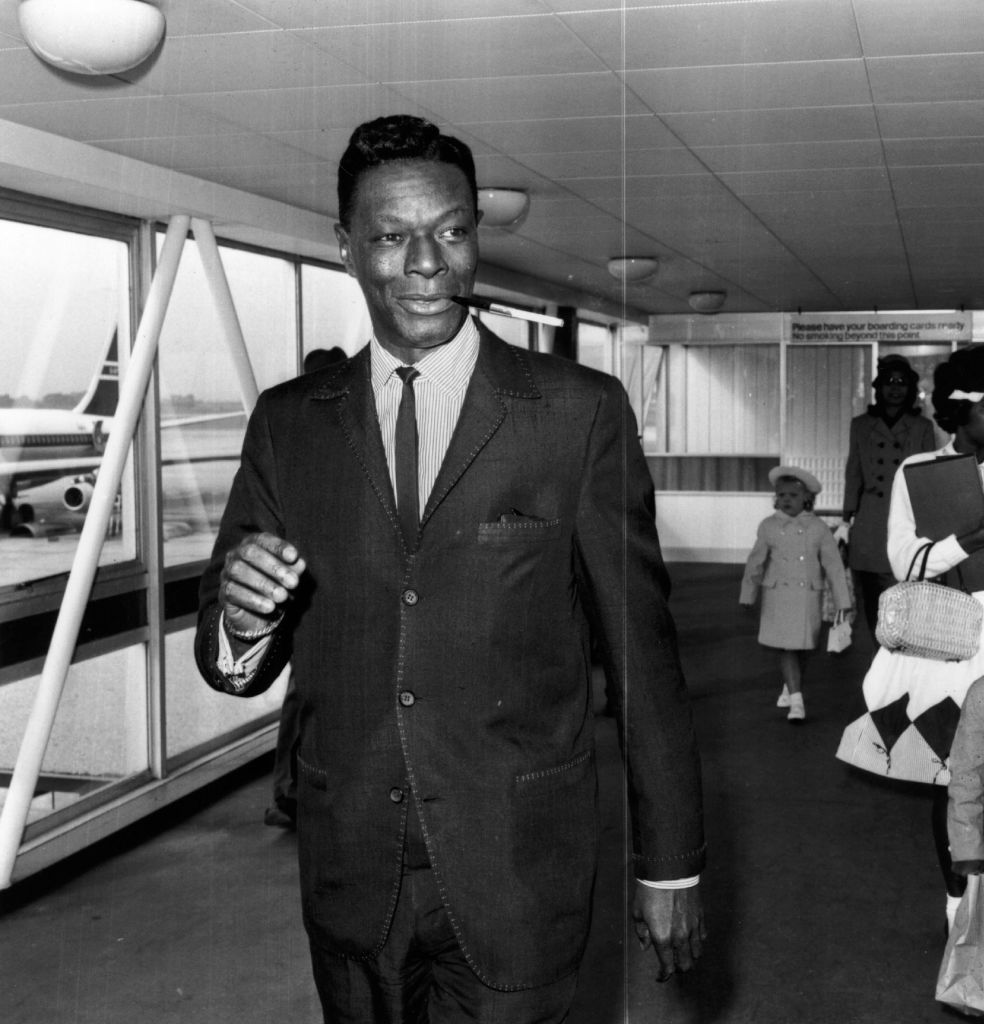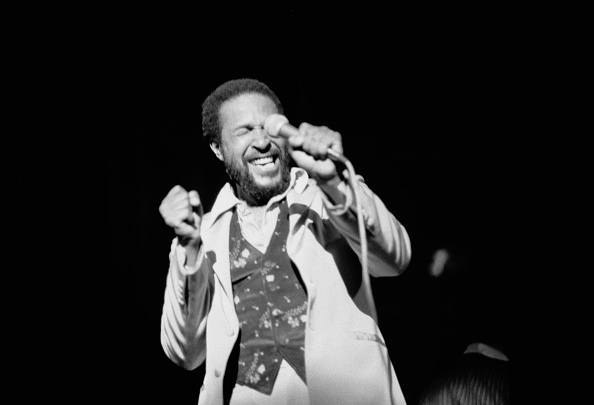WMMR Celebrates Black History Month: Week Three
WMMR and Jacky BamBam are celebrating Black History Month. We are honoring the African-American artists who were fundamental in the evolution of everything that rocks.
Every weeknight in February, at 8 pm, Jacky BamBam will turn the spotlight on the music of incredible and influential black artists.
Starting on February 1, 2024, Jacky began this foray into the founders of rock. Here are the artists he covered in the third week (Feb 12-16).
Gary Clark Jr.

Gary Clark Jr. is a blues guitarist and singer from Austin, Texas. He fuses blues, rock, and soul music with elements of hip-hop. He began playing guitar at the age of 12. Clark swept the 31st annual Austin Music Awards for 2012–2013, collecting eight awards including Musician of the Year. As of 2020, Clark received six Grammy Awards nominations and has won four of them.
Nat King Cole

Nat King Cole was a singer, jazz pianist, and actor. Cole’s career as a jazz and pop vocalist started in the late 1930s. It spanned almost three decades. He recorded over 100 songs that became hits on pop charts. In the late 1930s, he formed The King Cole Trio. They became the top-selling group (and the only black act) on Capitol Records in the 1940s. His trio was the model for small jazz ensembles that followed. Starting in 1950 he became a solo singer billed as Nat King Cole. Despite achieving mainstream success, during his career he faced intense racial discrimination. Cole was a member of his local NAACP branch and participated in the 1963 March on Washington. He regularly performed for civil rights organizations.
Marvin Gaye

Marvin Gaye was a singer and songwriter who helped shape the sound of Motown in the 1960s. First, as an in-house session player, and later as a solo artist. He had a string of successes, which earned him the nicknames “Prince of Motown” and “Prince of Soul”. Gaye’s Motown songs include “Ain’t That Peculiar”, “How Sweet It Is (To Be Loved by You)”, and “I Heard It Through the Grapevine”. He also recorded duets with Mary Wells, Kim Weston, Tammi Terrell, and Diana Ross. During the 1970s, Gaye recorded the albums What’s Going On (1971) and Let’s Get It On (1973) and became one of the first artists in Motown to break away from the reins of a production company.
He is celebrating Black History Month the way only WMMR and Jacky BamBam can! It’s all part of everything that rocks.
RELATED:
The Women Of The Civil Rights Movement
The Civil Rights Movement was the fight for equality in several sectors of African-American lives in the United States. The movement took place from approximately 1954 to 1968 and tackled segregation, housing, and voting rights after the Civil War made slavery illegal. While slavery was abolished, the lives of white Americans and Black Americans had little in common. The right to live in certain neighborhoods, eat at restaurants, ride the bus, and go to schools were all segregated. Black Americans could not go to many places, and live in many places, that white Americans were able to. Without being able to vote, the concerns of Black Americans fell on deaf ears. While peaceful and nonviolent protests were how the movement fought back against inequality, protestors were met with violence. One particular incident is referred to as Bloody Sunday, where protestors were brutally attacked as they marched to Selma. Without the Civil Rights Movement, Black Americans would not have the liberties that they do today.
Women’s Role In The Civil Rights Movement
While Dr. Martin Luther King Jr. was the leader of the Civil Rights Movement, women were also a large part of the efforts to create monumental change. “Women, if the soul of the nation is to be saved, I believe that you must become its soul,” Coretta Scott King said in one of her famous quotes. Women walked hand in hand for change as they organized protests, founded charitable organizations for the advancement of Black youth, and strategized plans for the future while still being disrespected, with many of their achievements silenced.
“I truly don’t believe the younger generation understands the sacrifices my generation made, and part of that is my generation’s decision not to put those sacrifices in front of them,” former NAACP chairman Myrlie Evers-Williams said. “We didn’t want them to see what might happen to them. And part of it was probably battle fatigue.”
Take a look below at five great women who impacted the Civil Rights Movement:
The JACKY BAMBAM SHOW is on 93.3 WMMR Weeknights 7p-12a playing the coolest songs ever made with many features for true music lovers. Jacky is a big supporter of The Philadelphia Mummers and is a Seven Time First Prize Award Winning Hall Of Fame Mummer. Before he took over the microphone, he was a drummer who released 2 albums and toured all over the world.




